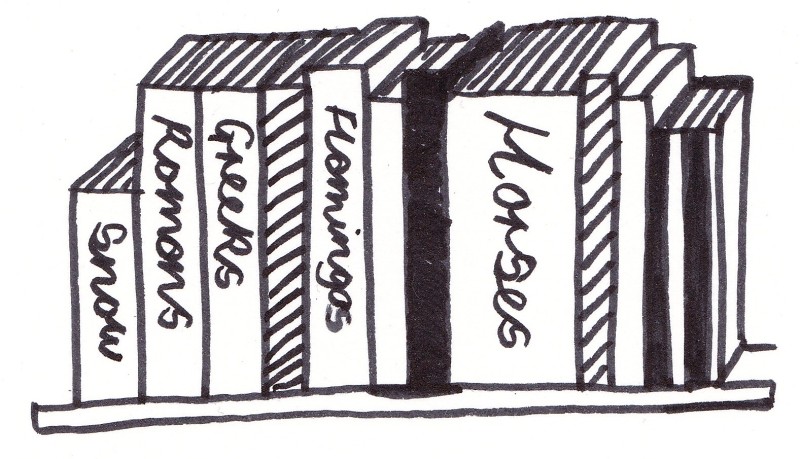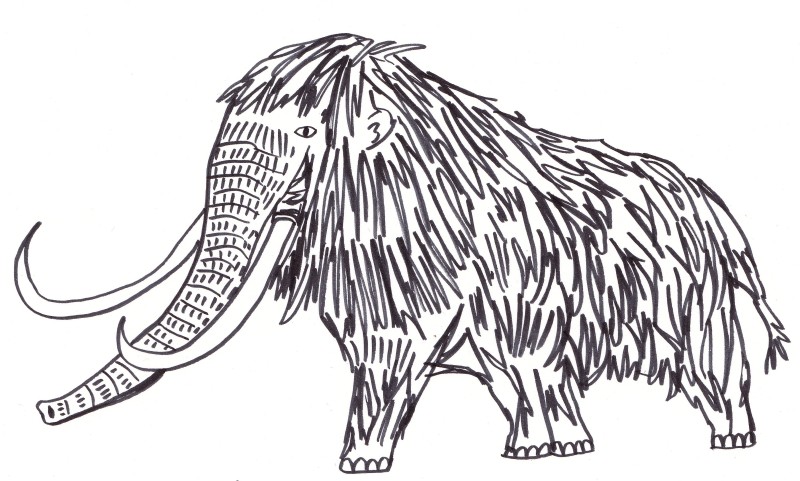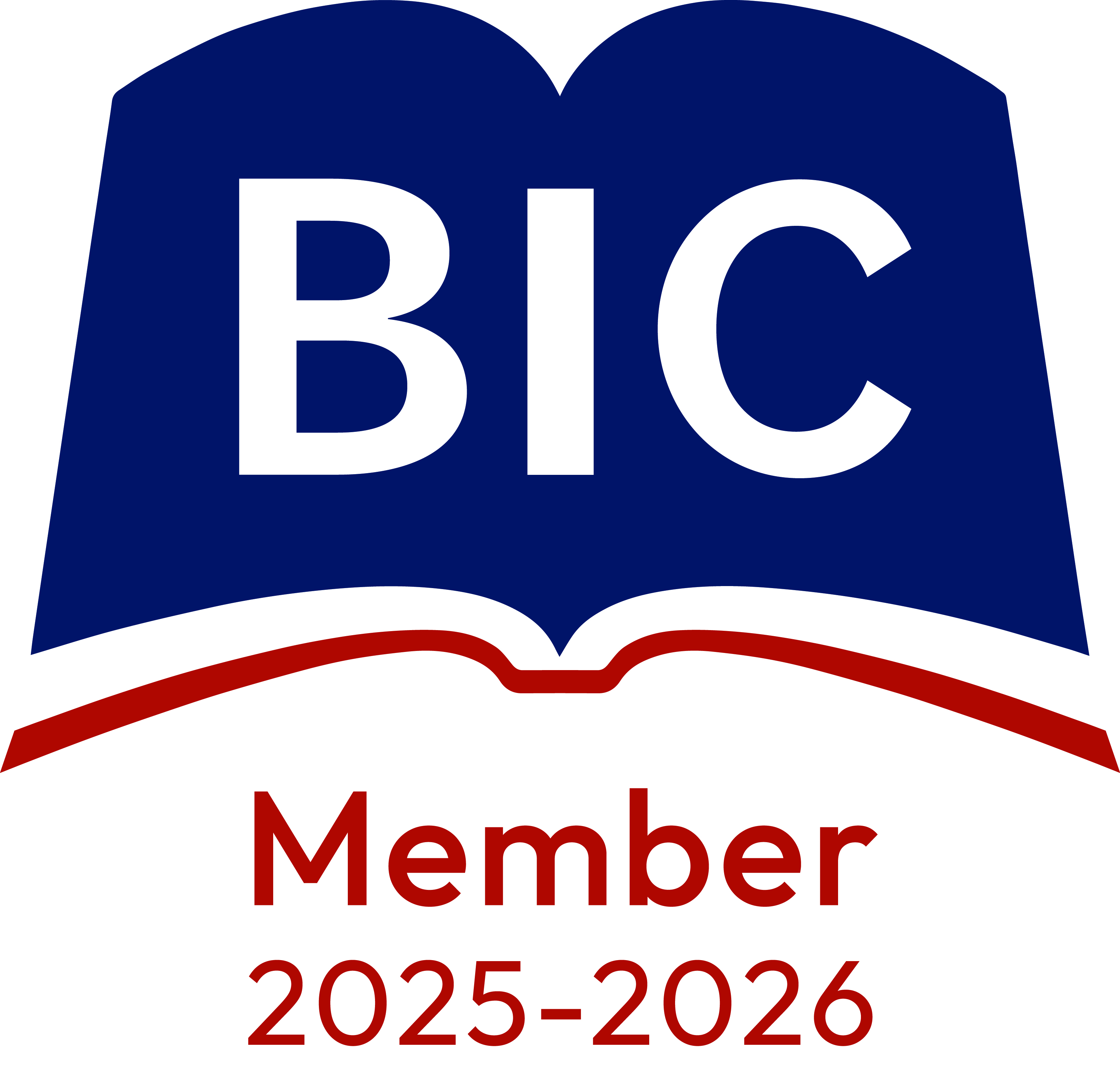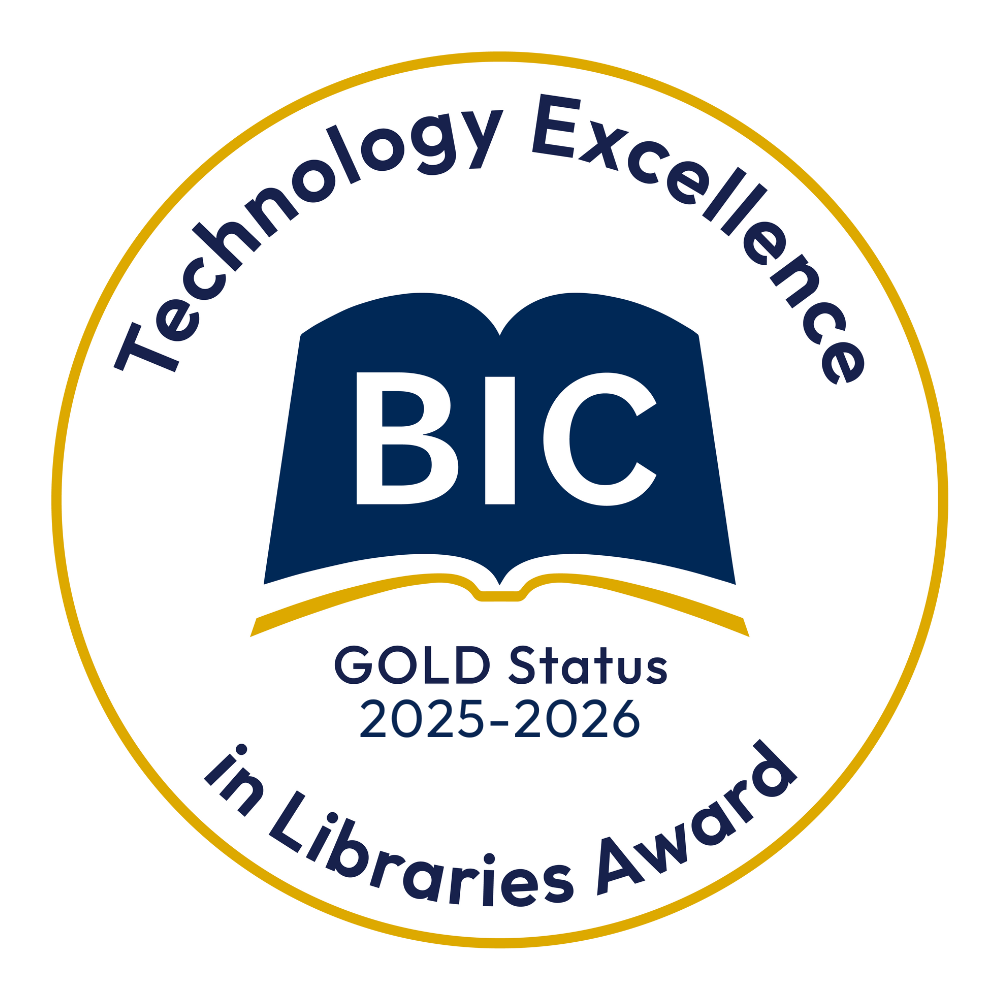For help, advice and telephone ordering call our team on 0121 666 6646
Are you sure you wish to delete this basket?()
This action cannot be undone.
Sorry, something went wrong
Please report the problem here.
Please Don't Read the Footnotes Please: Q&A with Rob Walton
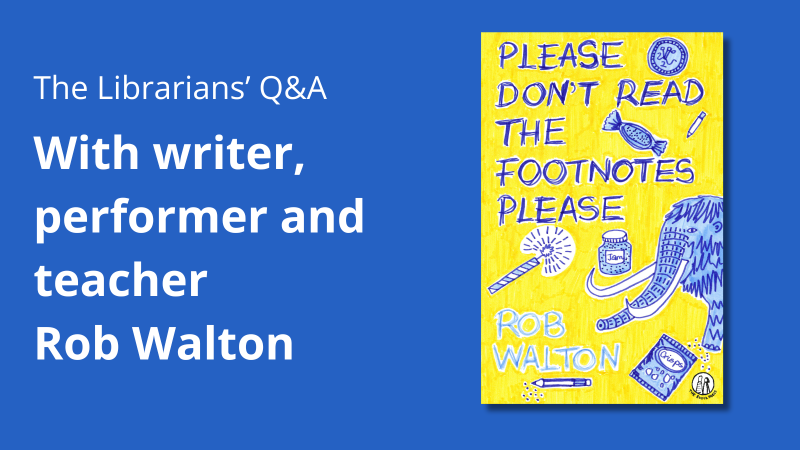
July 30th 2025
Like you, our librarians love to hear about the latest new releases, as well as dive into the minds of our favourite authors. Introducing The Librarians' Q&A, our regular news feature where librarians ask the questions!
Writer, performer and teacher Rob Walton chats to us about fun and enjoyment (as well as a bit of rebellion!) in literature, the importance of local libraries, and his latest book, Please Don't Read the Footnotes Please, published by The Emma Press.
|
© Evelyn Walton |
Rob Walton| Author Rob Walton is a writer, performer and teacher from Scunthorpe, now based in Whitley Bay, where he writes short fiction and poetry for children and adults. His debut poetry collection, This Poem Here, was published by Arachne Press in 2021. His poetry for children has been published online by Tyger Tyger and The Dirigible Balloon, and features in various print magazines and anthologies published by, among others, The Toy Press, The Emma Press, Parakeet, Bloomsbury and Macmillan. |
Please Don't Read the Footnotes Please has been described as 'flash fiction', a mix of funny stories and footnotes – and also as a 'rebellious' book. Did you set out to write a rebellious book? What was your inspiration?
|
I love the idea of rebellion and rebelliousness in literature, but that wasn't my original intention. One intention I had was to ignore markets, genres and those 'outside' things. I started to have fun as I was writing, and hope this comes across in the reading. I wanted to include things from my life and interests and because some of those things might be unconventional, maybe there was some rebellion after all. Can I go back to the beginning of this answer and change everything I wrote? I’m happy to do it in a pretty font, possibly something slightly floral with lots of red and green, perhaps a hint of lilac? It's a book that breaks rules and plays with genre – can ideas about genre sometimes be restrictive?Author: Absolutely! Editor: Well, yes, maybe to a point. Printer: I’m not sure having a big bag of printed words for the reader to assemble is necessarily a good idea, and white text on white paper doesn’t really work for us. |
©Reena Makwana |
Author: Oh. I see. Well perhaps I’ll just start writing and see what happens, though rest assured there will be plenty of breaks for crisp sandwiches, and I expect the reader to join in with them.
(Possible footnote, if approved: There will obviously be a crisp sandwich risk assessment. I expect Peters will pay for this.)
|
|
Libraries also feature within the book – how did your local library influence you growing up?A great deal, though I’m not sure how aware of it I was at the time. Riddings Library in Scunthorpe was where it all started for me, taken by my mum, who was a great supporter and enthusiast. I have clear memories of sitting looking through the wooden trays of picture books. Later I moved on to the rest of the shelves and particularly remember the blurred time between ‘junior’ and ‘adult’ books. That library, those bookcases, the windows, the porch and the loans desk are so clear in my memory. It’s no longer in the same place, but there is a new one on the estate. I recently met with the lovely children’s librarian in North Lincolnshire, and was really heartened to see how much good work is going on in that area over a magnificent fifteen libraries. I’m hoping to visit and work in as many of them as possible in the near future. |
Are there any authors or poets you particularly admire?
I read widely – adult and children’s fiction and poetry, factual books, magazines. I always loved Adrian Mitchell’s poetry and the varied prose of Kurt Vonnegut. A recent favourite (even though it was first published in 1973) is Betsy Byars’ The Eighteenth Emergency. Two newish arrivals on the children’s poetry scene are Sarah Ziman (Why Did My Brain Make Me Say It?) and Attie Lime (Blue Jelly and Strawberries), and I would recommend them to every primary school librarian and teacher. Kate Wakeling, who has also been published by The Emma Press, is another huge talent.
What do you enjoy reading when you're not writing?
This is quite difficult to answer because I’m always writing, in the sense that I probably type a draft for a poem, or note down an idea for a story, on most days. I love the short stories published by Nightjar Press, and I’ve been reading crime fiction on a regular basis over the last few years, although that is related to an ongoing project. I recently went on holiday to Marrakech with my daughters, and took Butter by Asako Yuzuki and Ian Serrailer’s The Silver Sword, which I have wanted to re-read for years. I loved it.
"To write something that children will enjoy, I think it's important to have elements of silliness, but also some heart. I love the idea of children having fun with their teachers."- Rob Walton |
Do you find your teaching inspires your writing, and vice versa?
|
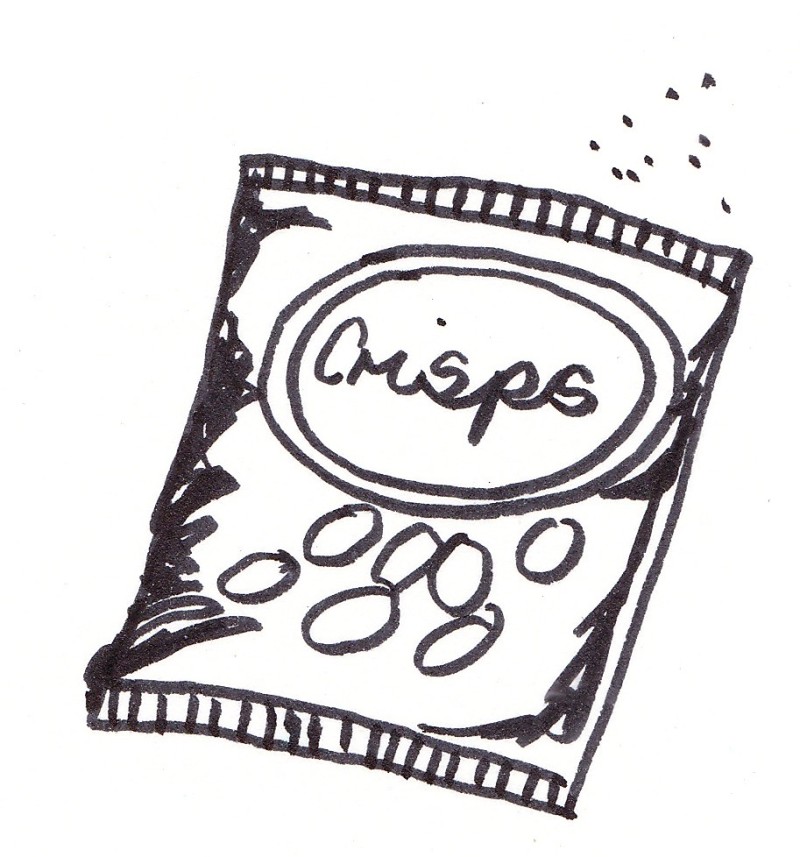 |
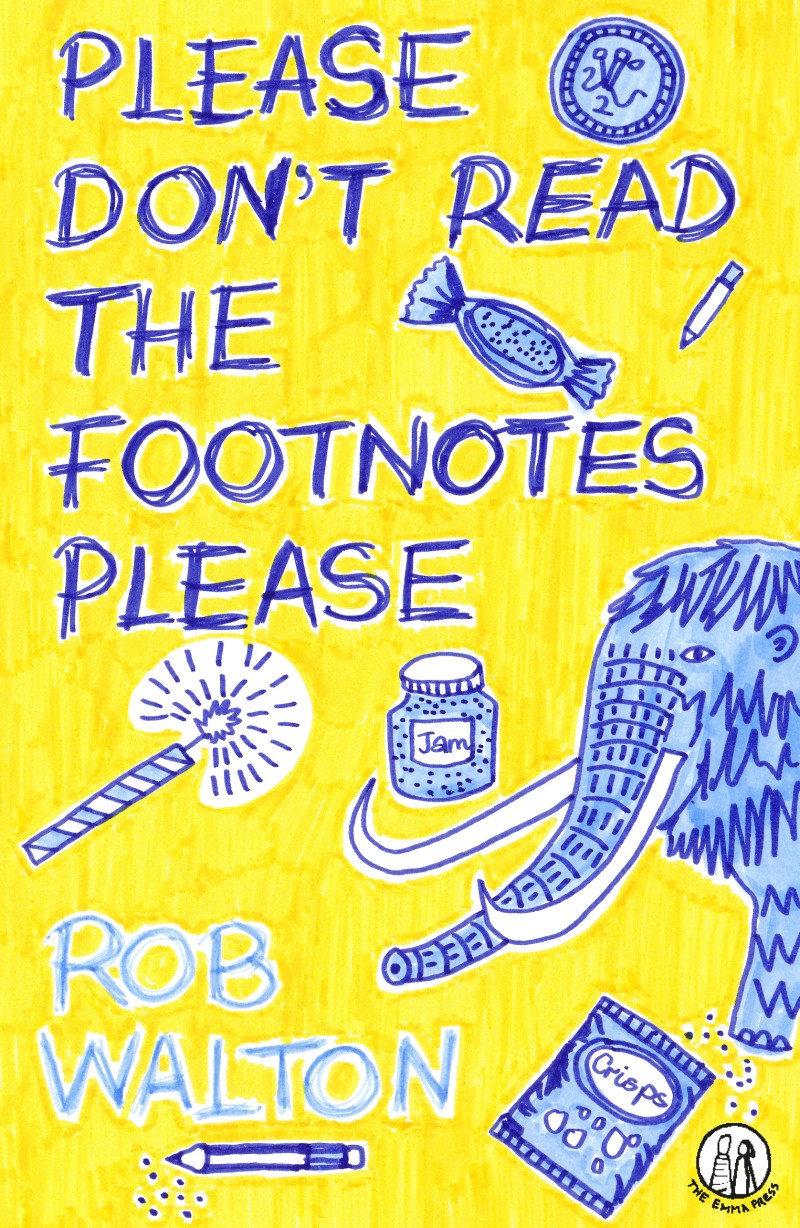 |
Please Don't Read the Footnotes Please by Rob WaltonA middle-grade book breaking all the rules, inviting readers to zig-zag across the page between the funny stories and the* footnotes. Traditionally, once a book is published, the author's job is over. The book belongs to the reader after that, and it's up to you to decide what the book is about. Author Rob Walton is having none of this, and has insisted on popping up throughout this book with comments, suggestions and general chatter, to keep you company and (possibly) improve your reading experience. |
|
Peters Teen Fiction Book of the Year, Northern Soul: Q&A with Phil Earle |
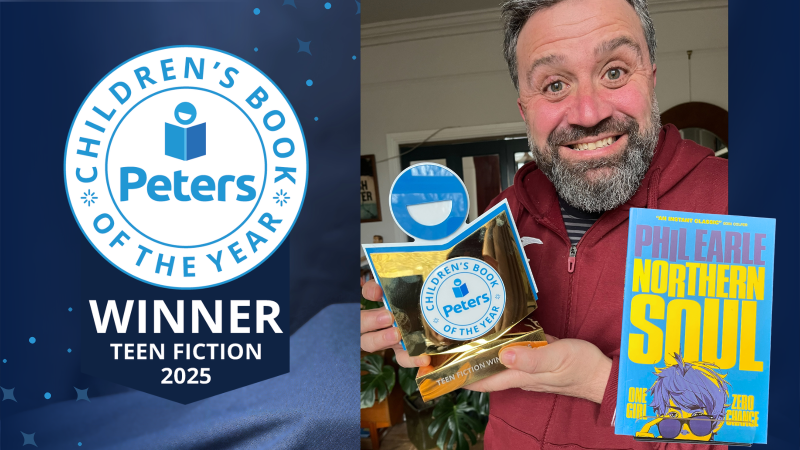 |


